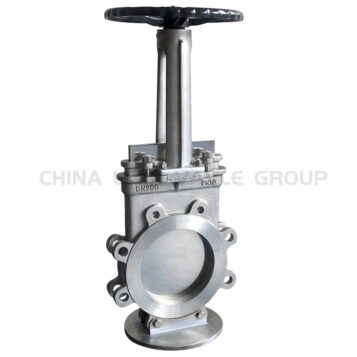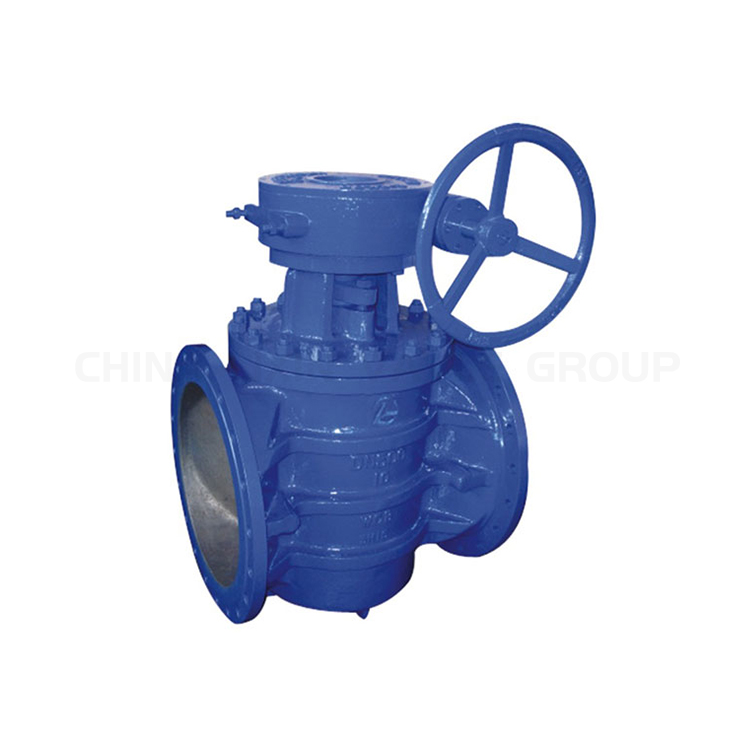Exploring the Pros and Cons of Each Valve Type
Valves are an essential part of any piping system, used to control the flow of fluids and gases. There are many different types of valves available, each with its unique advantages and disadvantages. In this blog post, we will explore the pros and cons of two common valve types: knife gate valves and plug valves.
Knife Gate Valves
Knife gate valves are a type of quarter-turn valve that uses a metal blade to cut through the flow of a fluid or gas. They are typically used in applications where a tight seal is required, such as in the pharmaceutical and food processing industries.
Pros of Knife Gate Valves:
Tight seal: Knife gate valves provide a very tight seal, which is important in applications where leakage cannot be tolerated.
Low maintenance: Knife gate valves are relatively low maintenance, as they do not require packing or lubrication.
Long lifespan: Knife gate valves have a long lifespan, as the metal blade is very durable.
Cons of Knife Gate Valves:
High cost: Knife gate valves are typically more expensive than other types of valves.
Limited flow capacity: Knife gate valves have a limited flow capacity, as the metal blade can restrict the flow of fluid or gas.
Not suitable for high-pressure applications: Knife gate valves are not suitable for high-pressure applications, as the metal blade can be damaged.
Plug Valves
Plug valves are a type of quarter-turn valve that uses a cylindrical or tapered plug to control the flow of a fluid or gas. They are typically used in applications where a quick, easy, and reliable shut-off is required, such as in the oil and gas industry.
Pros of Plug Valves:
Quick and easy operation: Plug valves can be operated quickly and easily, as they only require a quarter-turn to open or close.
Reliable shut-off: Plug valves provide a reliable shut-off, as the plug can completely block the flow of fluid or gas.
Compact design: Plug valves are typically very compact, which makes them ideal for applications where space is limited.
Suitable for high-pressure applications: Plug valves are suitable for high-pressure applications, as the plug is typically made of a strong and durable material.
Cons of Plug Valves:
Not suitable for throttling: Plug valves are not suitable for throttling, as the plug can only be fully open or fully closed.
Limited flow capacity: Plug valves have a limited flow capacity, as the plug can restrict the flow of fluid or gas.
Can be subject to leakage: Plug valves can be subject to leakage, as the plug can wear over time.
Knife gate valves and plug valves are both common types of valves that have their own unique advantages and disadvantages. Knife gate valves are best suited for applications where a tight seal is required, while plug valves are best suited for applications where a quick, easy, and reliable shut-off is required.
When selecting a valve for a particular application, it is important to consider the following factors:
The type of fluid or gas being controlled
The pressure and temperature of the fluid or gas
The flow rate required
The amount of space available
The budget
By considering these factors, you can select the right valve for your application.










